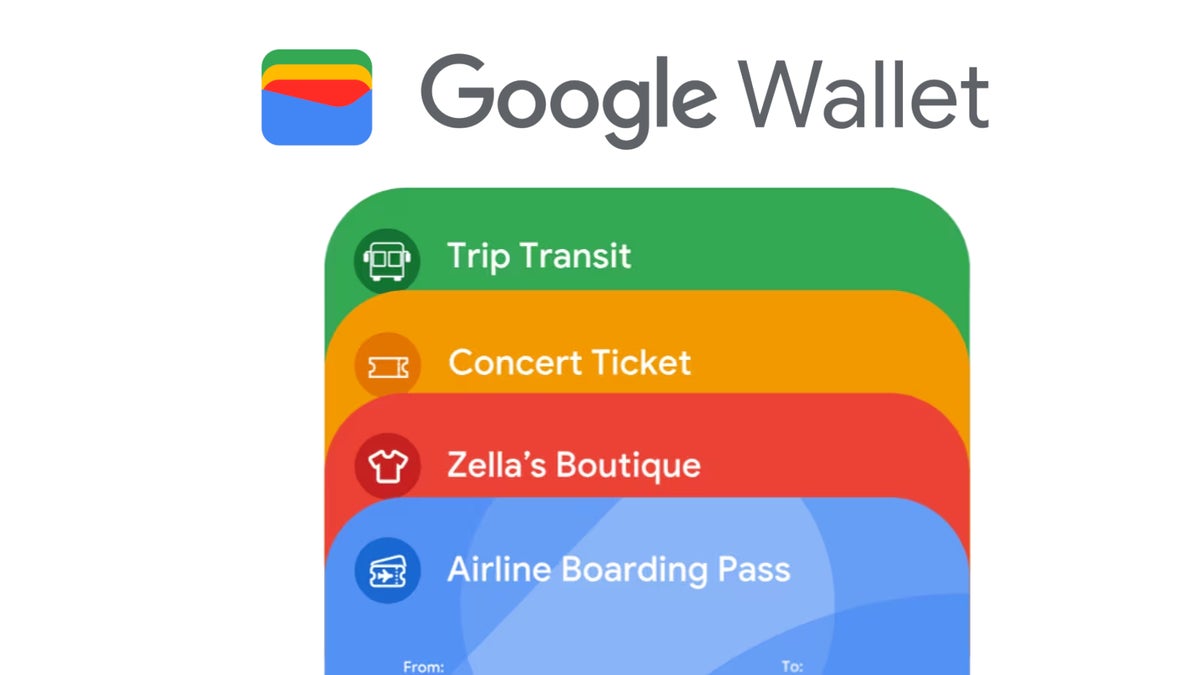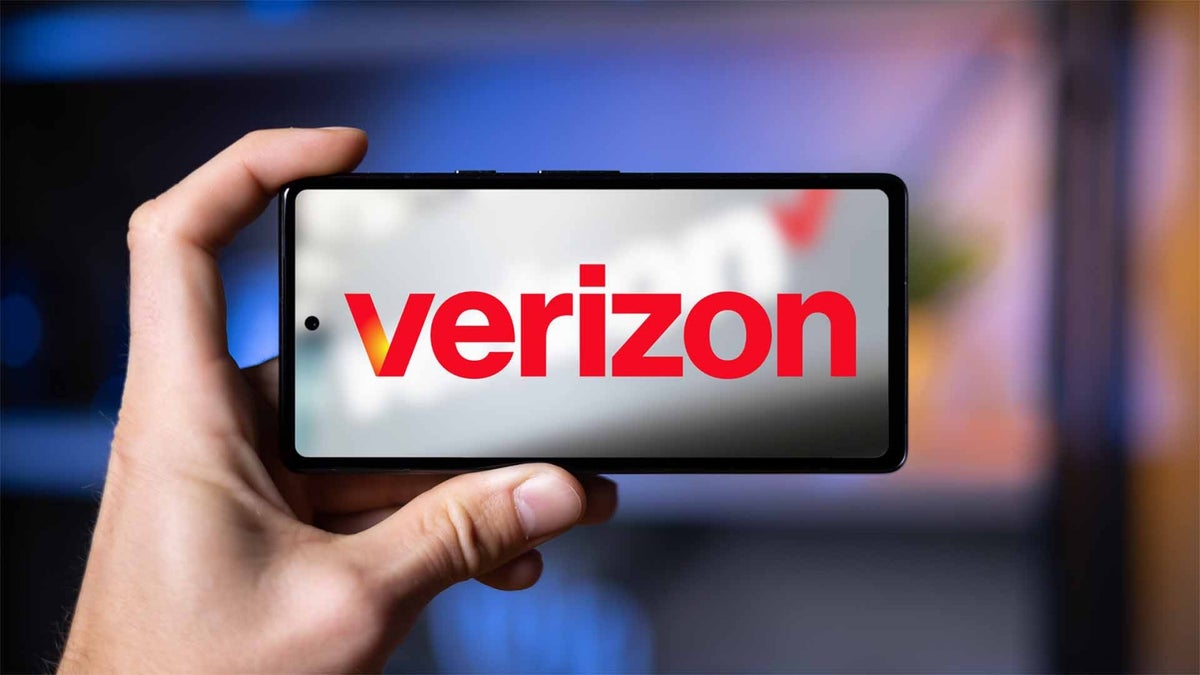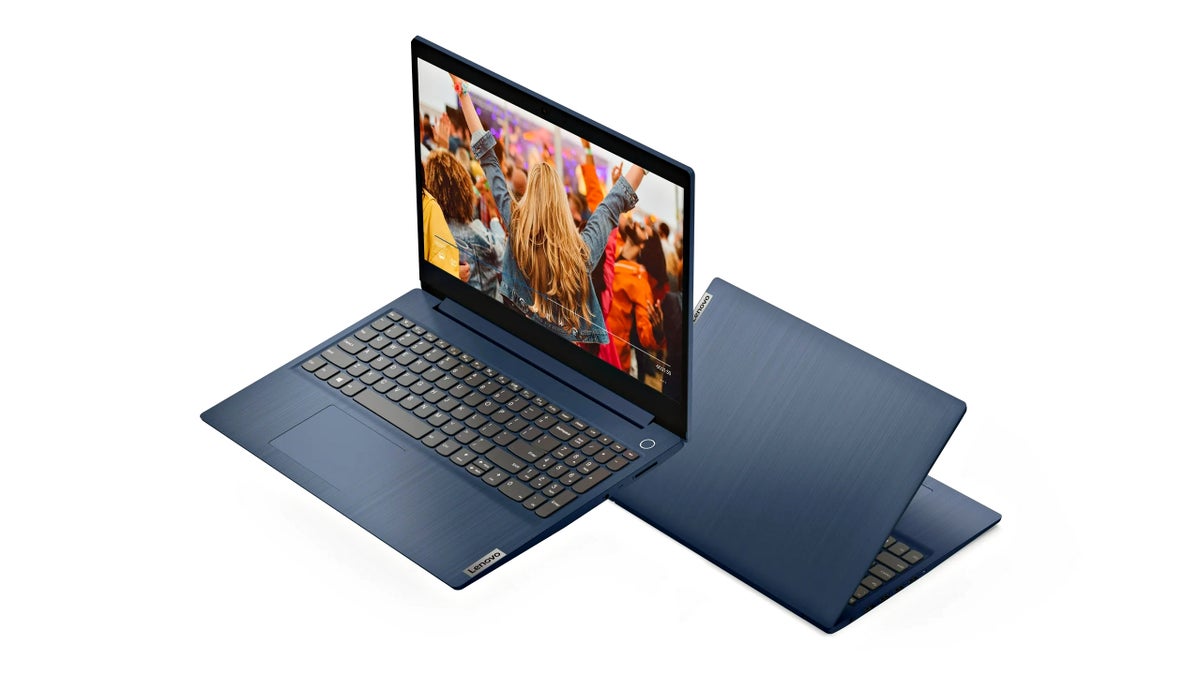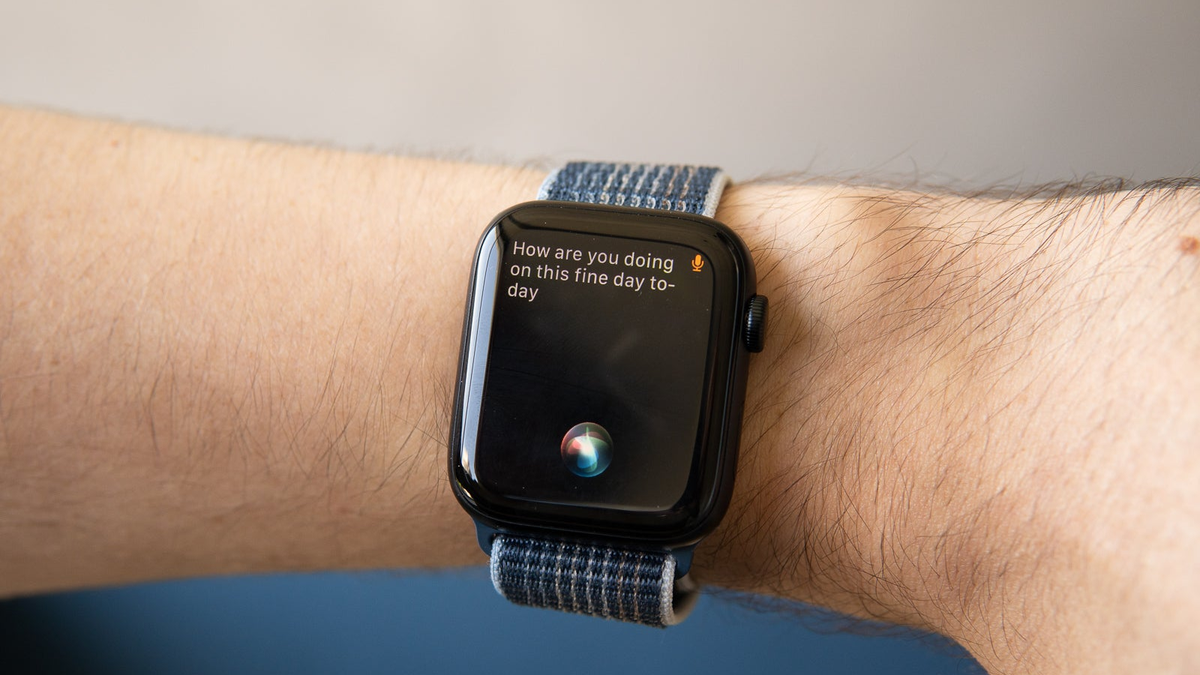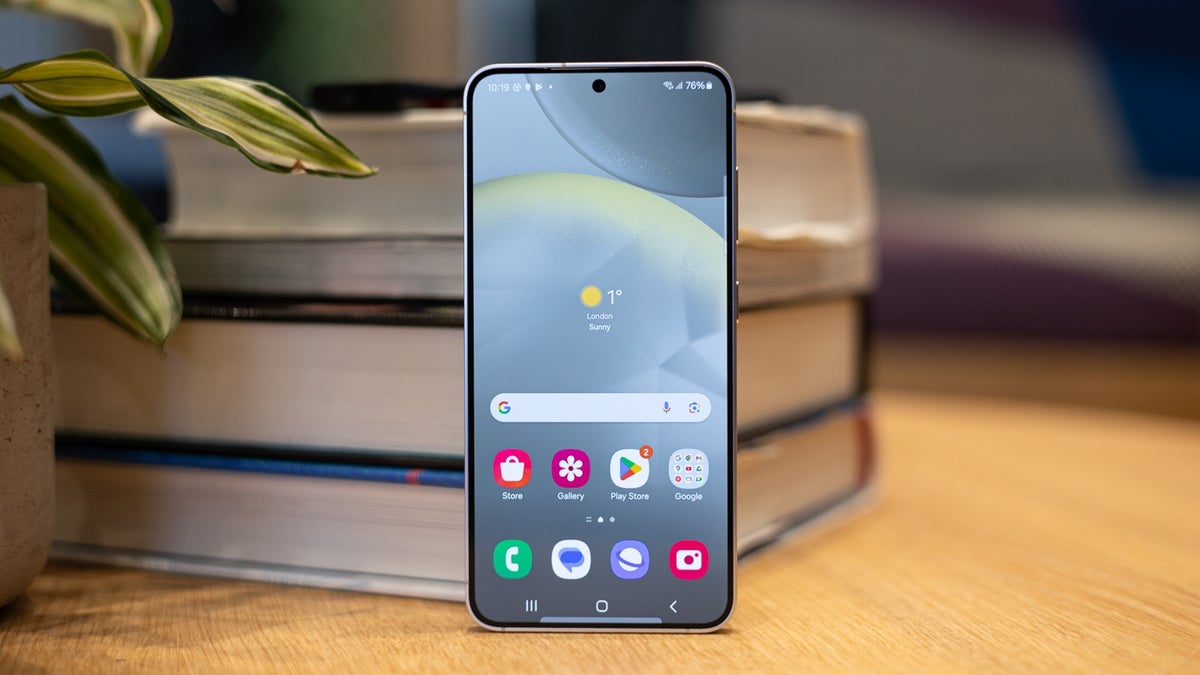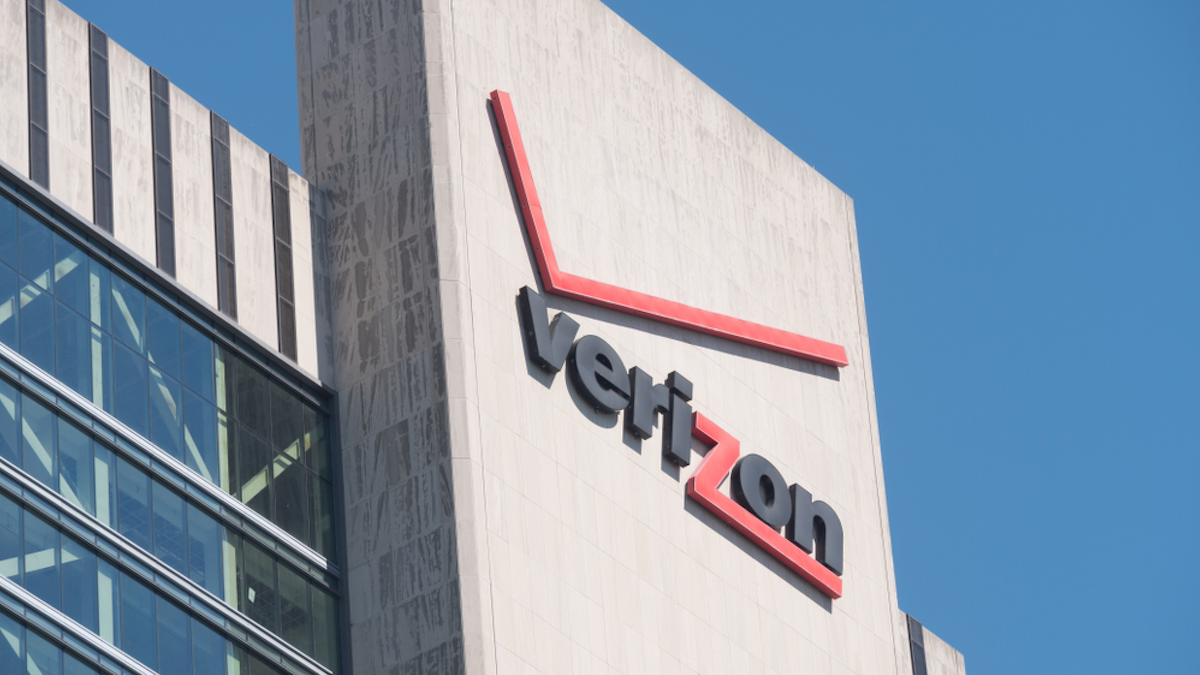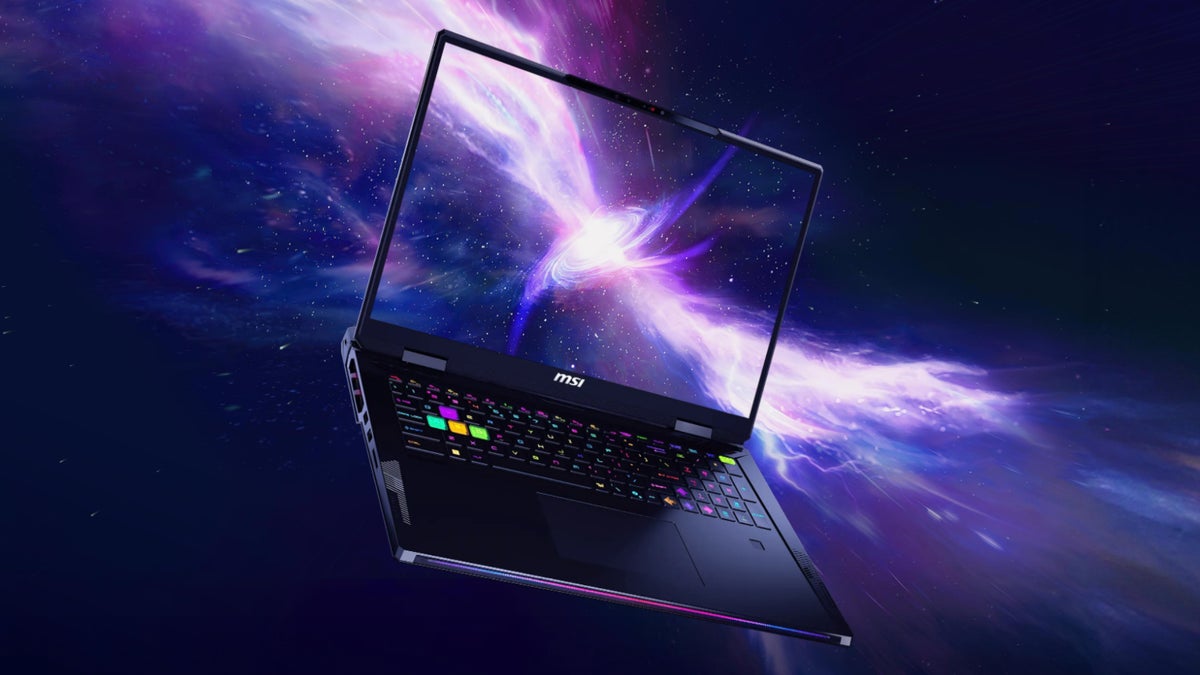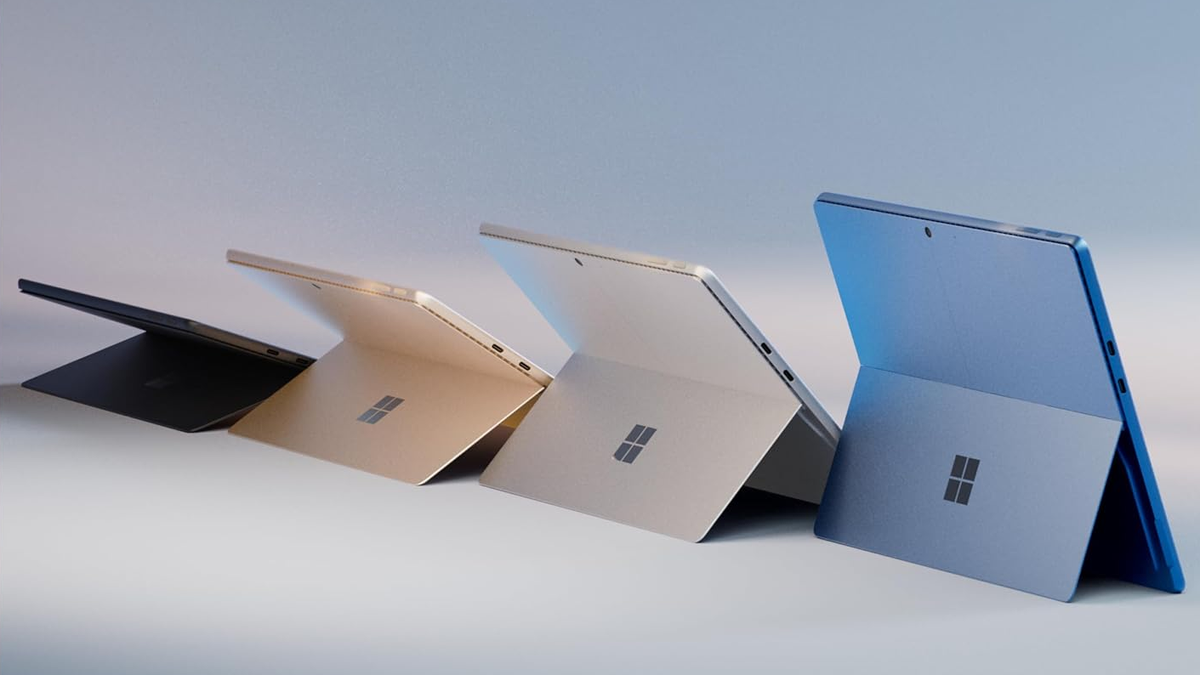[ad_1] With so many mobile carriers to choose from, finding the right one can be tricky, right? In this article, we will dive into a comparison of three major players that have carved out their niches in the competitive market, each with its own pros and cons. A comparison is crucial because, let’s be honest, having a reliable carrier is a must in today’s digital age. So, if you’re wondering which carrier is the best match for you, this article breaks down what each one offers, helping you make an informed decision based on your actual needs. The team behind the well-known Speedtest app compiled a report using user data from July to December 2024. Their findings? T-Mobile outperforms Verizon and AT&T in just about every key metric, including speed and consistency. T-Mobile leads ahead. As for 4G LTE, the landscape is pretty even. Verizon leads in overall reliability and speed, but all the major carriers provide solid coverage across most of the US. In the end, it really depends on where you live and travel the most. When comparing mobile network coverage across the US, T-Mobile, Verizon, and AT&T each offer distinct strengths and weaknesses. T-Mobile leads the way in 5G coverage, providing 36% of the nation with 5G-NR (7/1 Mbps) and 25% with faster 5G (35/3 Mbps). While its 4G coverage sits at 43%, trailing behind its competitors, T-Mobile's focus on expanding 5G appears to be paying off, offering a more comprehensive next-gen network. T-Mobile 4G network (first map) and 5G network (second map). | Image credit – FCC Verizon 4G coverage (first map) and 5G coverage (second map). | Image credit – FCC AT&T 4G network (first map) and 5G network (second map). | Image credit – FCC Limited savings on smartphones Up to $180 promo credit for bringing your own device. Up to 480p HD. Great offers to save on smartphones. Up to $360 promo credit for bringing your own device. Up to 720p HD streaming. Up to 50% off 1 device plan (smartwatch, tablet, etc.) International talk, text and data in 210+ destinations. 2GB of high-speed roaming data per day, then unlimited 3G speeds in Mexico and Canada. 10GB of high-speed roaming data per month, then unlimited 2G speeds in over 210 countries. Ultimate Phone Upgrade eligibility. Up to $540 promo credit for bringing your own device and up to 1080p HD streaming. Included enhanced video calling. Call Filter spam blocker. You can have a total of 10 smartphones, tablets, Mobile Hotspots and routers on your Prepaid Family Account. Unlimited calls, text and data from Mexico, Canada, Puerto Rico and the US Virgin Islands (however, those might get limited so check with the carrier). Call Filter spam blocker. Up to 480p streaming. Unlimited calls, text and data from Mexico, Canada, Puerto Rico and the US Virgin Islands (If over 50% of your usage in 60 days is in Mexico, Canada, Puerto Rico, or the US Virgin Islands, service may be limited or removed.) Call Filter spam blocker. You can have a total of 10 smartphones, tablets, Mobile Hotspots and routers on your Prepaid Family Account. Get 50 GB of 5G / 4G LTE premium data per month. Up to 480p video streaming. Call Filter spam blocker. Unlimited calls, text and data from Mexico, Canada, Puerto Rico and the US Virgin Islands (again if over 50% of your usage in 60 days is in Mexico, Canada, Puerto Rico, or the US Virgin Islands, services may be limited or removed.) Includes one Global Choice country per month at no additional cost. Talk, text and up to 10GB of high-speed data, then unlimited 2G data in Mexico and Canada. Stream video at DVD-quality, 480p; up to 720p HD Video available to activate in media settings, Apple TV+ for 6 months and Netflix Standard with ads ON US. Full-flight texting and Wi-Fi with streaming (where available). Unlimited text and up to 5GB of high-speed data, then unlimited data at up to 256Kbps in 215+ countries and destinations. Stream video up to 4K UHD. Scam Shield Premium. Upgrade-ready every two years. Apple TV+, Netflix with ads and Hulu with ads. Up to 4K UHD streaming. Full-flight texting and Wi-Fi with streaming where available. Scam Shield Premium. Voicemail to text. Upgrade ready every year. Scam-blocking protection Caller ID Scam-blocking protection Data Maximizer Caller ID Scam-blocking protection Wi-Fi calling Unlimited music streaming Caller ID T-Mobile Tuesday SD streaming Unlimited texting from US to 200+ countries Public Wi-Fi Protection SD streaming Unlimited texting from US to 200+ countries Identity monitoring Unlimited texting from US to 200+ countries 4K HD streaming Public Wi-Fi protection Identity monitoring Free app with Spam Call blocking Unlimited talk, text and data in and between the US, Mexico, and Canada (Limit is 25 GB in Canada). SD streaming Spam Call blocking SD streaming Spam Call blocking Calls to Canada and Mexico Unlimited text to over 230 countries Unlimited talk, text and data in and between the US and Mexico. There is a 25 GB limit in Canada. Spam Call blocking SD streaming SD streaming Unlimited text to over 230 countries Unused data rolls over to the next month. Unused data rolls over to the next month Unlimited text to over 230 countries Unlimited talk and text, and use of plan date Unlimited talk, text and plan data in the US, Mexico and Canada (5G in US only). 2G off-net speeds may apply. Quick reminder: Most of these plans include extra fees and taxes, so double-check the details before choosing a carrier. For a deeper dive into all the plans offered, check out our dedicated articles. You can grab the latest Galaxy S25 series, any of the iPhone 16 models, or the Pixel 9 lineup with select plans. The latest foldables, like the Galaxy Z Fold 6 and Z Flip 6, are also available – though they’ll definitely test your budget. While all three carriers offer budget-friendly options, the deals on these devices can vary. Meanwhile, AT&T's trade-in program gives you the chance to exchange only qualifying phones for credit based on their value, or you could even get promotional bill credits as part of an AT&T device offer. If price and extras top your list, T-Mobile often takes the crown. Its plans are generally more affordable, especially for families or multiple lines, and offer great value with perks like bundled streaming services. You’ll also get fast speeds, truly unlimited data, large high-speed hotspot allowances, and solid 5G coverage – though it shines more in cities than in rural areas. Looking for the widest coverage? Verizon is your best bet. It boasts the most reliable network nationwide, with strong service in both urban and rural areas. However, its plans tend to be more expensive, and while its 5G Ultra Wideband is fast, it’s not as widely available as T-Mobile’s 5G network. Verizon also provides plenty of plan variety, though you might not get as many freebies as T-Mobile offers. For a balanced approach, AT&T is worth considering. Its network provides excellent coverage in rural and suburban areas thanks to strong 4G LTE availability. While its 5G network doesn’t match T-Mobile’s speed, it’s still dependable. Verizon vs AT&T vs T-Mobile: Speed
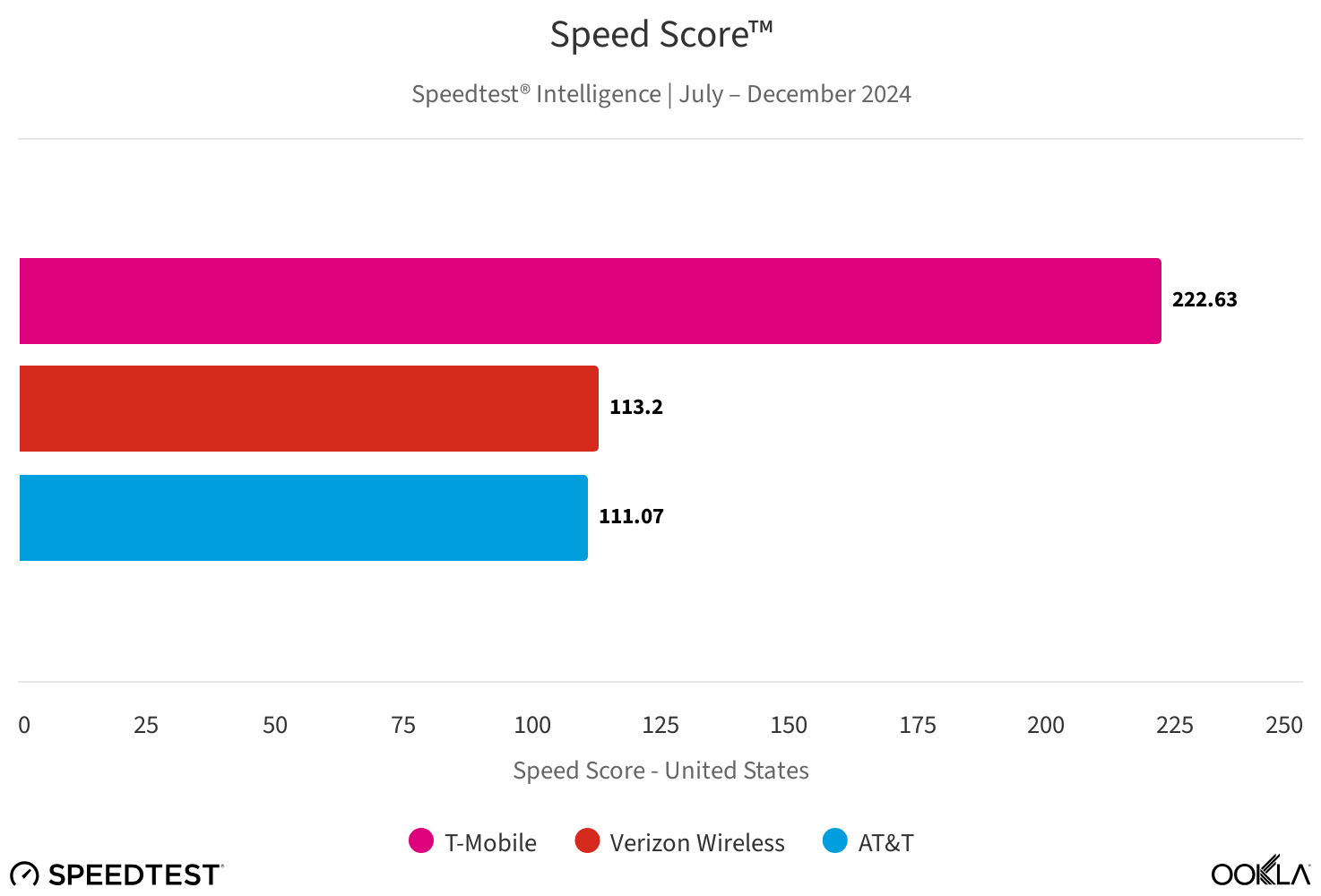

Availability
T-Mobile vs AT&T vs Verizon: Plans
Verizon plans
Plan Price Data Hotspot Perks Unlimited Welcome $65/month for 1 line Unlimited talk, text and data on Verizon's 5G Nationwide network (speeds slow with congestion) No You get unlimited talk and text when traveling in Mexico and Canada. Once you hit 2GB of high-speed data per day, you'll get unlimited 3G speeds. Unlimited Plus $80/month for 1 line Unlimited talk, text and premium data on Verizon's 5G Ultra Wideband network. 30 GB Again unlimited talk and text while traveling in Mexico and Canada. Once you hit 2 GB of high-speed data per day, you'll get unlimited 3G speeds. Unlimited Ultimate $90/month for 1 line Unlimited talk, text and premium data on Verizon's 5G Ultra Wideband network. 60 GB Up to 50% off 2 device plans (tablet, smartwatch, etc.) Talk & Text prepaid $35/month
$5/mo Auto Pay discount after the 1st month.Unlimited talk, text and data.
Talk & Text plan is limited to 2G data speeds only.No Unlimited texting from the US to over 200 countries and territories worldwide. 15 GB prepaid $45/month
$10/mo Auto Pay discount after the 1st month.Unlimited talk, text and data.
Once 5G or 4G high-speed data is used (including Mobile Hotspot), you will have 2G speeds the remainder of the month.Yes Unlimited texting from the US to over 200 countries and territories worldwide. Unlimited prepaid $60/month
$10/mo Auto Pay discount after the 1st month.Unlimited talk, text and data. 5 GB of 5G /
4G LTE data, then speeds up to 600 Kbps the remainder of the month.Unlimited texting from the US to over 200 countries and territories worldwide. Unlimited Plus prepaid $70/month
$10/mo Auto Pay discount after the 1st month.Unlimited talk, text and 5G. 25 GB premium Mobile Hotspot data. Unlimited texting from the US to over 200 countries and territories worldwide. T-Mobile plans
Plans Price Data Hotspot Perks T-Mobile Essentials Saver $55/mo. per line Unlimited talk, text and data (50GB premium data) Unlimited 3G hotspot Talk, text and 2G data in Mexico and Canada
480p standard streamingT-Mobile Essentials $65/mo. per line Unlimited talk, text and 4G/5G data, plus 50 GB premium data Unlimited 3G hotspot Talk, text and 2G data in Mexico and Canada
480p standard streamingT-Mobile Go5G $80/mo. per line Unlimited talk, text and 4G/5G data, plus 100 GB of premium data 15 GB high-speed mobile hotspot data Unlimited in-flight texting and 1 hour streaming where available.
Unlimited text, 5GB high-speed data in 11 countries, then unlimited data at 256Kbps in 215+ countries.T-Mobile Go5G Plus $95/mo. per line Unlimited talk, text, 5G/4G data, plus unlimited premium data 50 GB of high-speed mobile hotspot data Apple TV+ and Netflix Standard with ads.
Talk, text and up to 15GB of high-speed data, then unlimited 2G data in Mexico and Canada.T-Mobile Go5G Next $105/mo. per line Unlimited talk, text, 5G/4G data, plus unlimited premium data 50 GB of high-speed mobile hotspot data Unlimited text and up to 5GB of high-speed data, then unlimited data at up to 256Kbps in 215+ countries and destinations.
Talk, text and up to 15GB of high-speed data, then unlimited 2G data in Mexico and Canada.
10 GB prepaid $40/month Unlimited talk and text and up to 10GB of 5G data Yes, you share your 5G as a mobile hotspot Music Unlimited
Wi-Fi callingUnlimited prepaid $50/month Unlimited talk, text and 5G data Unlimited Domestic mobile hotspot at 3G speed Music Unlimited
Wi-Fi callingUnlimited Plus prepaid $60/month Unlimited talk, text and 5G data Up to 10GB of high speed mobile hotspot data Data Maximizer AT&T plans
Plan Price Data Hotspot Perks AT&T Unlimited Starter SL $65/month for 1 line Unlimited talk, text and basic 4G and 5G 5 GB of 4G/5G Free app with Spam Call Blocking AT&T Unlimited Extra EL $75/month for 1 line Unlimited talk, text, 4G/5G data, plus 75 GB premium data 30 GB hotspot data Free app with Spam Call Blocking AT&T Unlimited Premium PL $85/month for 1 line Unlimited talk, text, and high-speed data that can’t slow down based on how much you use 60 GB hotspot data Unlimited talk, text and high-speed data in 20 Latin American countries AT&T prepaid Unlimited Basic $45.00/month Unlimited text, talk and data
30GB/mo at max 3Mbps, then speeds slowed to max 1.5Mbps.No Unlimited text from the US to over 230 countries AT&T prepaid Unlimited + 10GB hotspot data $25/month when prepaid $300 for a whole year Unlimited text, call and data with access to 5G
After 16 GB are reached, speeds are slowed to max 1.5Mbps for the month.10 GB Unlimited text to over 230 countries AT&T prepaid Unlimited Level Up $51/month with Auto Pay
$61/month without Auto PayUnlimited text, call and data with 5G included
However, after 30 GB, it is slowed to max 1.5Mbps.No The latest phones with $0 down, interest-free for six months, then switch to a postpaid plan. AT&T prepaid 5GB data $30/month plus taxes and fees Unlimited text, talk and 5 GB of high speed data 5 GB Spam Call Blocking AT&T prepaid 8GB data $33/month when you pay in advance for 3 months Unlimited talk, text and 8 GB of high speed data 8 GB 4K HD streaming Phone selection and deals
Verizon vs T-Mobile vs AT&T: Which is best for you
[ad_2]
Download
T-Mobile vs Verizon vs AT&T: Reliability, plans, coverage
| Name | |
|---|---|
| Publisher | |
| Genre | News & Magazines |
| Version | |
| Update | January 24, 2025 |
| Get it On |  |




